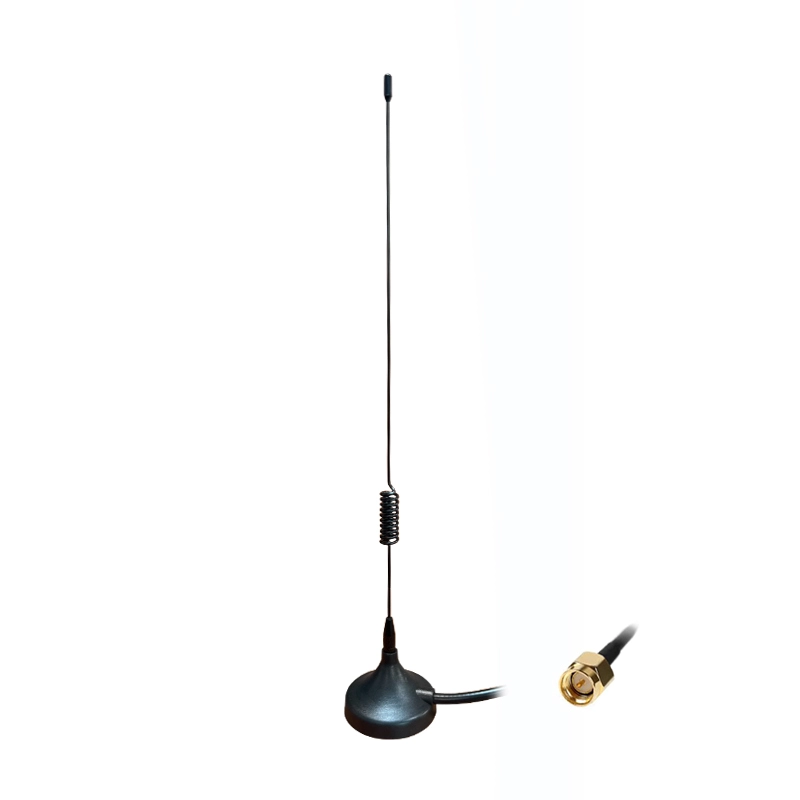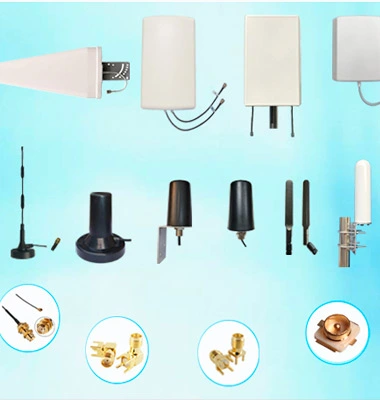In today's hyper-connected world, a strong and reliable signal is crucial for smooth communication, efficient data transfer, and seamless internet browsing. Whether you're working from home, streaming your favorite shows, or simply staying in touch with loved ones, a weak signal can be incredibly frustrating. Thankfully, combination antennas are here to save the day, offering a solution to the perennial problem of poor reception.
Understanding Combination Antennas
Combination antennas, also known as dual-band or multi-band antennas, are a type of antenna that can receive or transmit signals in multiple frequency bands simultaneously. Unlike traditional single-band antennas, which are limited to a specific frequency range, combination antennas are designed to cover a broader spectrum. This versatility makes them exceptionally effective at improving signal reception.
The Science Behind Combination Antennas
To grasp how combination antennas work their magic, it's essential to understand the principles of signal transmission and reception. Signals are transmitted as electromagnetic waves, and each frequency band corresponds to a different range of wavelengths. Some devices operate on specific frequency bands, like 2.4 GHz for Wi-Fi or 700 MHz for cellular networks.
Combination antennas use multiple elements or components, each tuned to a different frequency band. These elements work in tandem to capture signals across various frequency ranges. By doing so, combination antennas can provide a more comprehensive and robust signal reception solution.
Benefits of Combination Antennas
Improved Signal Coverage
Combination antennas offer broader coverage, ensuring that you receive signals even in challenging environments. They are particularly effective in urban areas with interference or in remote locations where signals may be weaker.
Enhanced Signal Strength
With the ability to receive signals from multiple frequency bands simultaneously, combination antennas can significantly boost signal strength. This means faster data speeds and more stable connections for your devices.
Cross-Compatibility
Combination antennas are versatile and can work with various devices and networks. Whether you're using Wi-Fi, 4G, 5G, or satellite connections, a combination antenna can adapt to your needs.
Reduced Interference
In crowded frequency environments, interference can be a significant issue. Combination antennas can help mitigate interference by selectively capturing signals on the desired frequency bands while rejecting unwanted noise.
Practical Applications
Combination antennas find applications in various industries and scenarios:
Home and Office Networking
Improving Wi-Fi coverage and stability in homes and offices, especially in areas with multiple electronic devices and interference.
Cellular and Mobile Networks
Boosting signal strength for better call quality and faster data speeds on smartphones and mobile devices.
IoT Connectivity
Enabling reliable communication for Internet of Things (IoT) devices in smart homes, smart cities, and industrial settings.
Satellite Communication
Enhancing satellite signal reception for television and internet services, especially in remote areas.
Choosing the Right Combination Antenna
When selecting a combination antenna for your needs, consider factors such as the frequency bands you need to cover, the form factor that suits your application, and the gain characteristics necessary for your specific environment. Consulting with a knowledgeable antenna specialist can help you make an informed choice.
In an increasingly connected world, maximizing signal strength is essential for efficient communication and productivity. Combination antennas are a powerful tool to achieve this goal, offering improved signal coverage, enhanced strength, cross-compatibility, and reduced interference. Whether you're at home, in the office, or out in the field, combination antennas can be the solution to your signal reception woes, ensuring you stay connected when it matters most.
Read further: Terminal Antennas vs. Combination Antennas: Which Is Right for You?

 English
English





